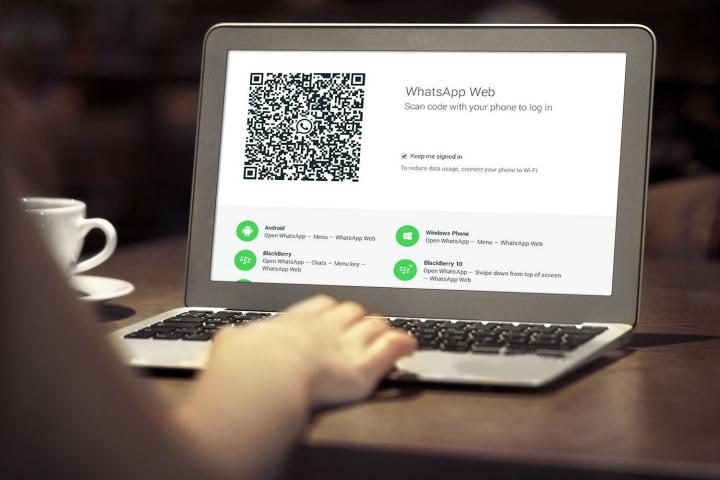
This week the Facebook-owned firm has finally sorted out the issue and let iOS users in the door. To get started, first update your app and confirm that “WhatsApp Web” appears in the app’s Settings. Next, visit web.whatsapp.com on your PC browser, tap on WhatsApp Web in the iPhone app and scan the QR code showing on your PC screen.

Facebook acquired WhatsApp for a colossal $19 billion back in February 2014. Free to download and free of ads, the cross-platform app still doesn’t generate a great deal of revenue, getting the bulk of it from the $1 fee it charges users after a year’s use. However, Facebook boss Mark Zuckerberg is in no apparent hurry having said he wants to first build up the service’s user base to at least a billion before considering how to monetize it.
At the current rate of expansion, the app is likely to hit the billion mark before the end of this year, so it shouldn’t be too long before Zuckerberg and WhatsApp founder Jan Koum unveil some money-making scheme, though it’d be surprising to see ads as part of the plan as Koum has always been against including them in the app.


